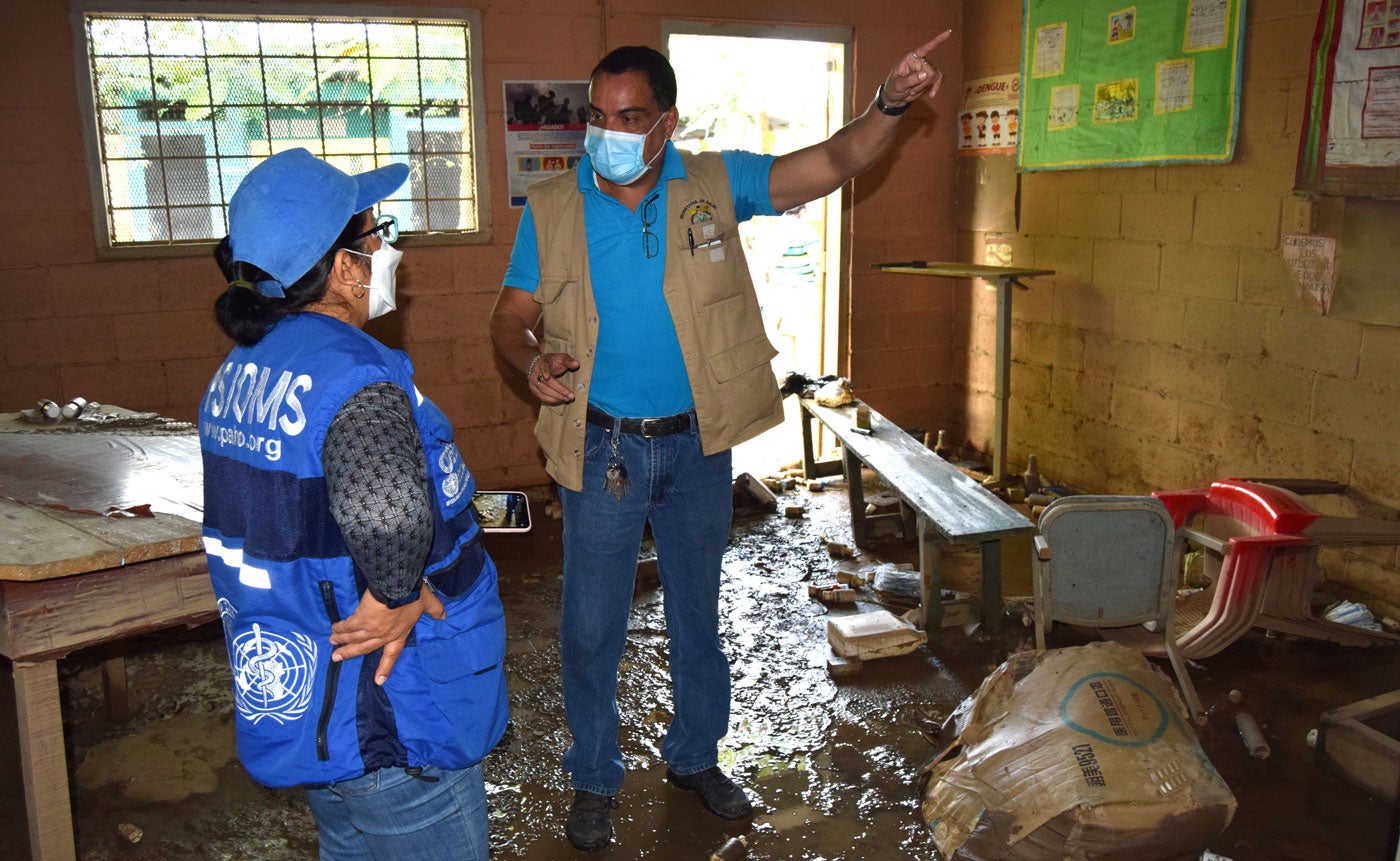
Learn how Trinidad and Tobago is playing its part in building a fairer, healthier world.
Trinidad and Tobago, like many countries around the world, is facing a growing burden of noncommunicable diseases (NCDs) such as heart disease, stroke, cancer, diabetes and chronic lung disease. These chronic conditions account for over 62% of deaths, each year, with three quarters occurring in people under 70. Over half the country’s population has 3 or more risk factors, such as poor nutrition, physical inactivity and harmful use of alcohol and tobacco, placing them at greater danger of developing a chronic illness. The country’s experience shows that empowering and equipping communities to take charge of their health through prevention and self-management of chronic conditions is an effective way to build healthier populations and achieve health for all.
Behind the blue skies, sparkling seas and rolling golden beaches of Trinidad and Tobago, the population faces a harsh reality. Chronic noncommunicable diseases (NCDs), such as heart disease, stroke, cancer, diabetes and lung disease, are destroying the health of individuals and negatively impacting families and communities.
Dr Michael Jaggernauth, a primary health care physician working in the South West Regional Health Authority in Trinidad, suffers from diabetes. Despite being a medical professional, he struggled to maintain and manage his own condition. This is very common. While people know, in theory, that adequate exercise and a healthy diet matter, they find it difficult to make the necessary lifestyle changes needed to improve their health. However, Dr Jaggerauth took part in a training course that changed his perspective. This was the chronic disease self-management course, implemented by PAHO/WHO, with the support of the Universal Health Coverage Partnership (UHC Partnership).
“Chronic illnesses make you tired, with poor sleep and physical limitations. This programme has given me many more tools to work with, and I am seeing much improvement in my health. I am sleeping better, I am exercising better, and my weight is better controlled.
Having realized the benefits of the programme I see myself as an advocate or mentor to other people with chronic illnesses who may be struggling to manage their conditions. I would like to help train them and the wider community so that more people can benefit. It is going to expand, and illnesses will become less challenging to the population,” said Dr Jaggernauth.
Dr Jaggernauth was one of 25 people with NCDs, from a range of state and non-state organizations across Trinidad and Tobago, who took part in this training to both manage their own NCDs, and also become ‘lead trainers’ in their communities.
The Ministry of Health with PAHO/WHO have designed the programme to ensure that people in communities are empowered and support each other to make healthy lifestyle choices and manage their own NCD conditions. The approach is also integrated into the health system so that people can get the right kind of support when necessary.
